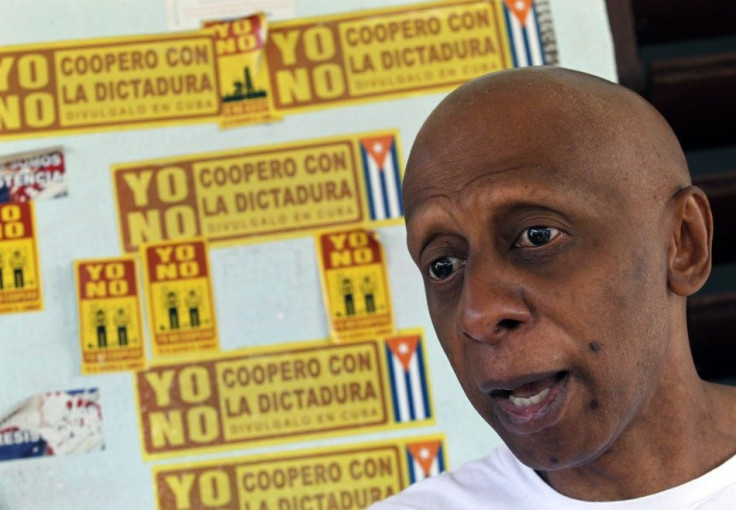Cuban Officials Cracking Down on Dissidents

Officials in Cuba have detained more than 30 anti-government protesters in an effort to prevent them from staging a demonstration in the town of Santa Clara.
One of the activists who were arrested (but later released) was Guillermo Farinas – a psychologist and journalist who has conducted almost two dozen hunger strikes to protest the regime.
According to reports, Farinas and his cohorts were planning to hold a rally to demand the end of the crackdown against opposition activists and the liberation of all political prisoners.
At least seven other dissidents have also been released, according to Cuban Commission for Human Rights and National Reconciliation (CCDHRN).
Opposition and human rights activists claim that Havana authorities have upgraded their harassment and persecution of dissident groups in the Communist country.
CCDHRN President Elizardo Sanchez told the Associated Press that the government pressures and intimidates pro-democracy activists through the instrument of short-term detentions.
The government is using minimal political repression; they are simply neutralising initiatives, nothing more, he added.
Havana officials typically describe dissidents as mercenaries who are seeking to foment disorder to prompt aggression by the United States.
However, in recent years, the Communist government has made some reforms. President Raul Castro (brother of Cuban icon Fidel) has freed many political prisoners after reaching agreements with the Catholic Church. Many of the former inmates have since relocated to exile in Spain.
The government has made other reforms as well, including the encouragement of private enterprise and the reduction of the state’s excessively large bureaucracy. Most dramatic, Cuba plans to lay off 1-million state workers, eliminate state subsidies on goods and services, reduce Havana’s heavy hand in the agriculture, retail and construction sectors and encourage the formation small private businesses.
Raul Castro has also proposed to ease travel restrictions.
Still, U.S. President Barack Obama has charged that Havana is not doing enough.
You are seeing enormous changes taking place in the Middle East just in the span of six months, you are seeing there are almost no authoritarian communist countries left in the world, and here you have this small island [Cuba] that is a throwback to the [19]60s, Obama told media.
© Copyright IBTimes 2024. All rights reserved.




















